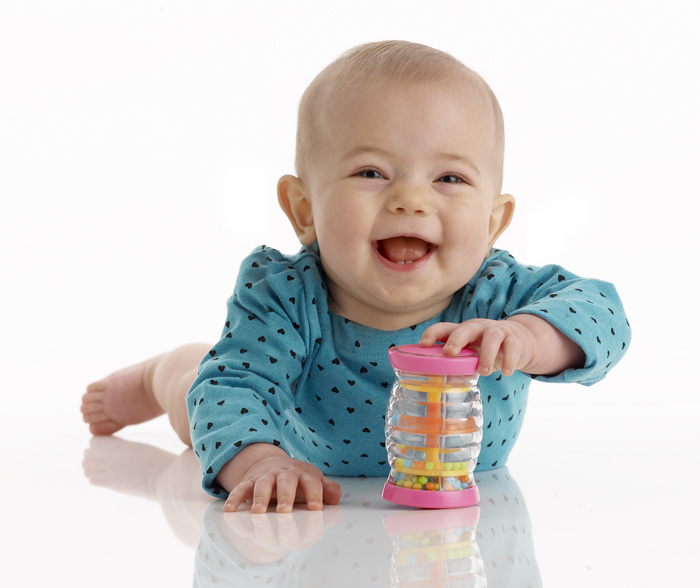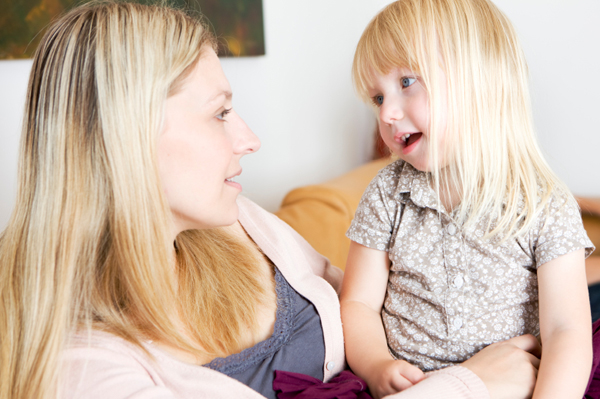 Around here, we have a saying: A Good Beginning Never Ends. The early years of a child’s life make a difference on child brain development. That’s just not us saying it, the research proves it again and again. For example, birth to three years old is the peak age for child brain development with 700 new neural connections forming every second!
Around here, we have a saying: A Good Beginning Never Ends. The early years of a child’s life make a difference on child brain development. That’s just not us saying it, the research proves it again and again. For example, birth to three years old is the peak age for child brain development with 700 new neural connections forming every second!
Now, with the introduction of the Strong Start for America’s Children Act of 2013, the United States Congress recognizes the importance of early child development. Senator Harkin, Representative Miller, and Representative Hanna introduced the Bill, which offers more babies and toddlers the chance to participate in high-quality programs and services, including Early Head Start, that support early child development and the pivotal role of parents.
How does the bill focus on early child development?
- Gives Early Head Start programs the ability to reach more eligible children through innovative partnerships with high-quality childcare programs.
- Allows states to use up to 15 percent of their Pre-K funding to provide child care settings for infants and toddlers to help prevent the learning gap and ensure they are on-track when they get to Pre-K.
- Endorses the expansion of evidence-based home visiting programs that have been shown to have a range of positive impacts on parenting and early child development.
We know firsthand a good beginning never ends. We experience it every day in the classroom—from our Early Head Start and Head Start curriculum to studio classes for babies, toddlers, big kids, and families to our English Language Learners curriculum.
Learn more about the Strong Start for America’s Children Act of 2013 and the importance of early child development.




